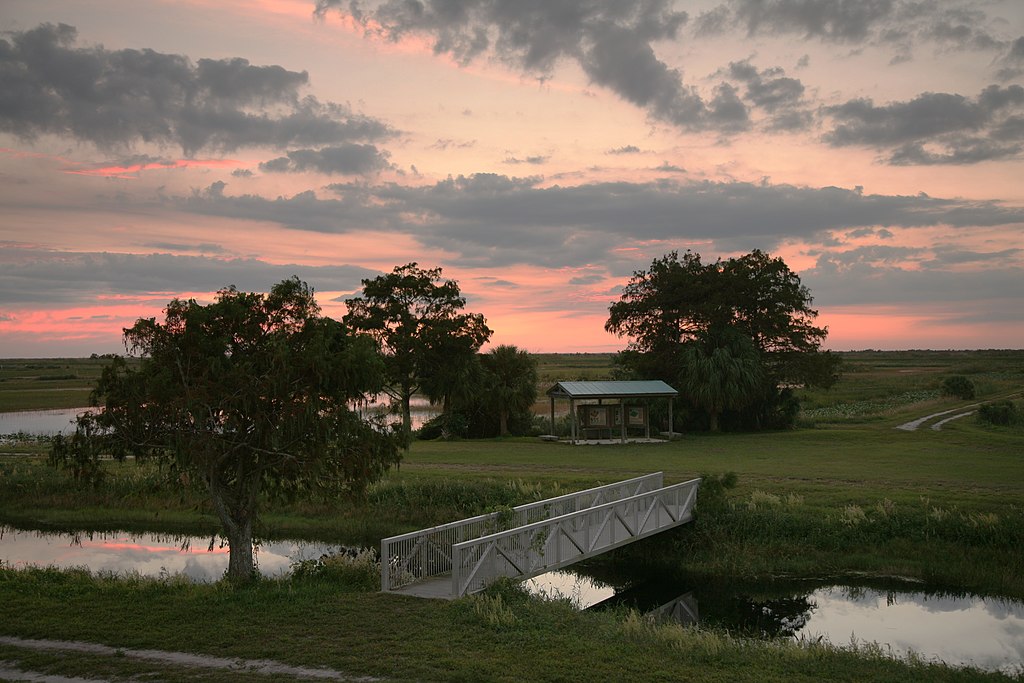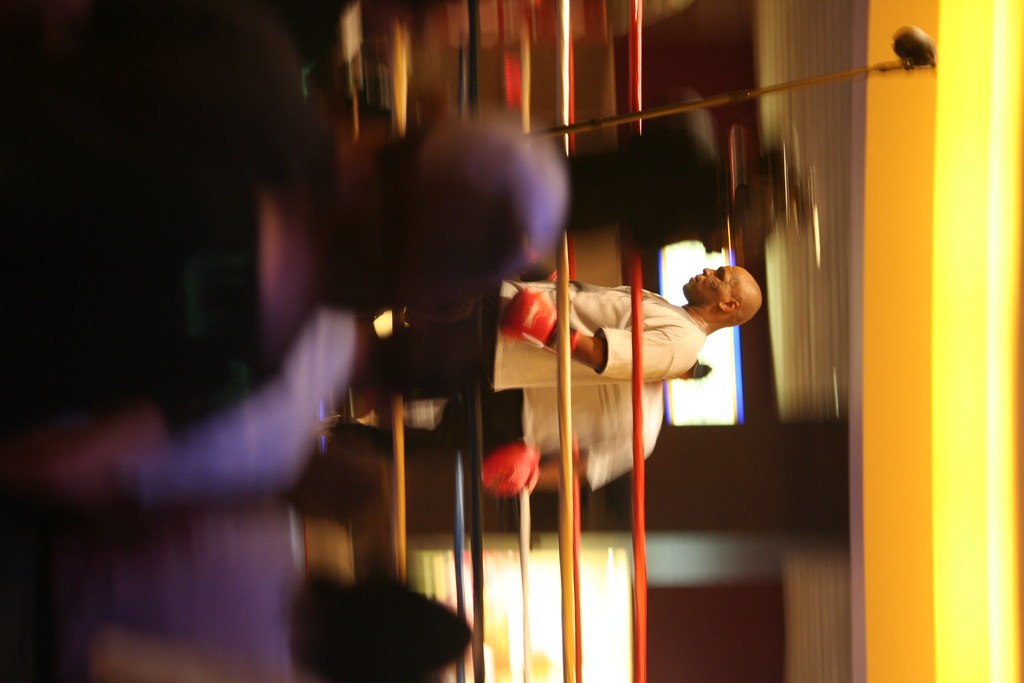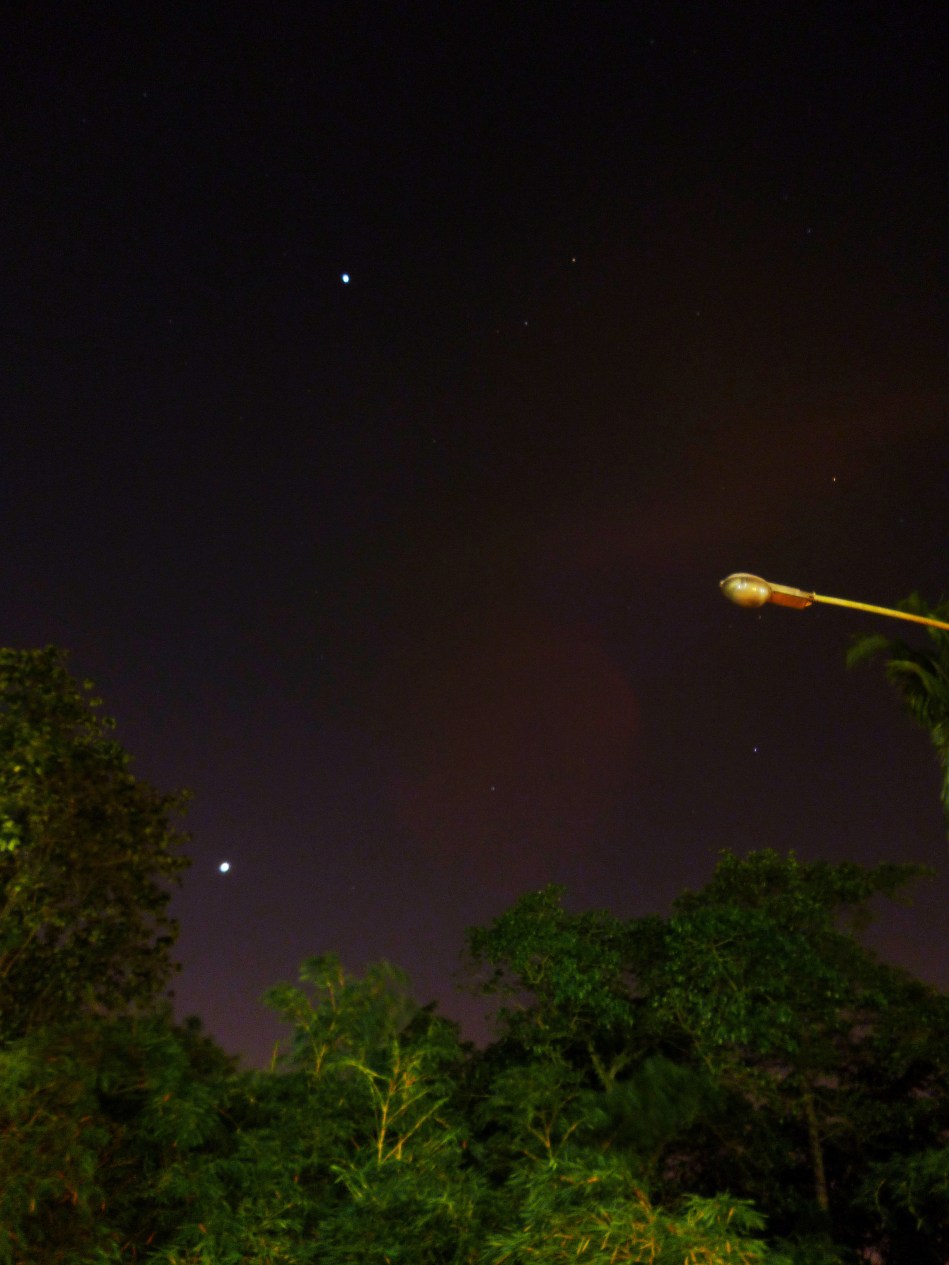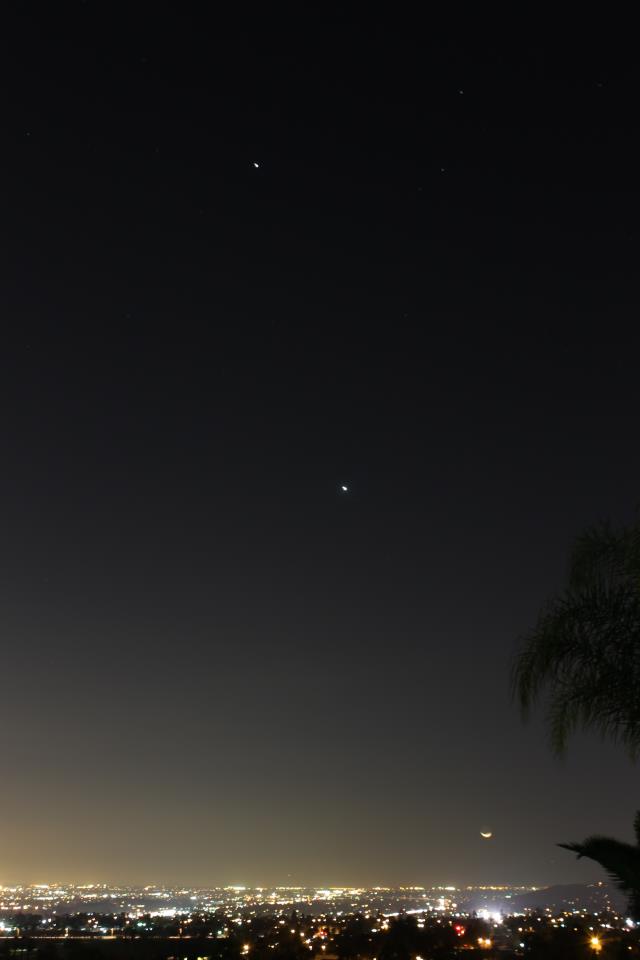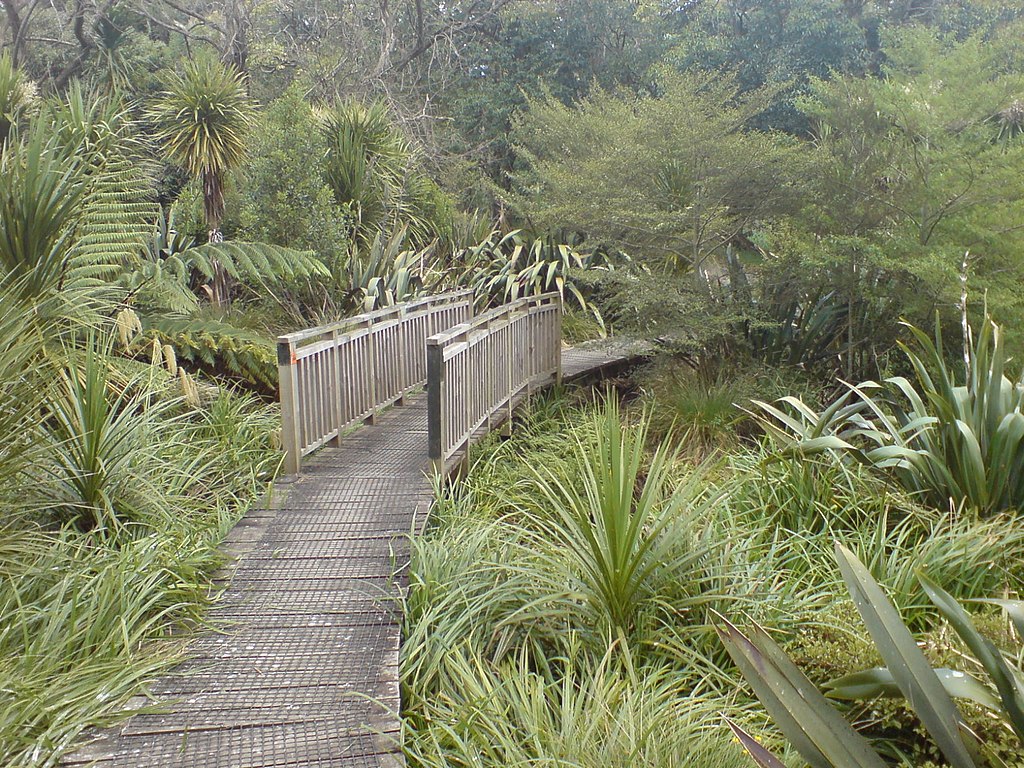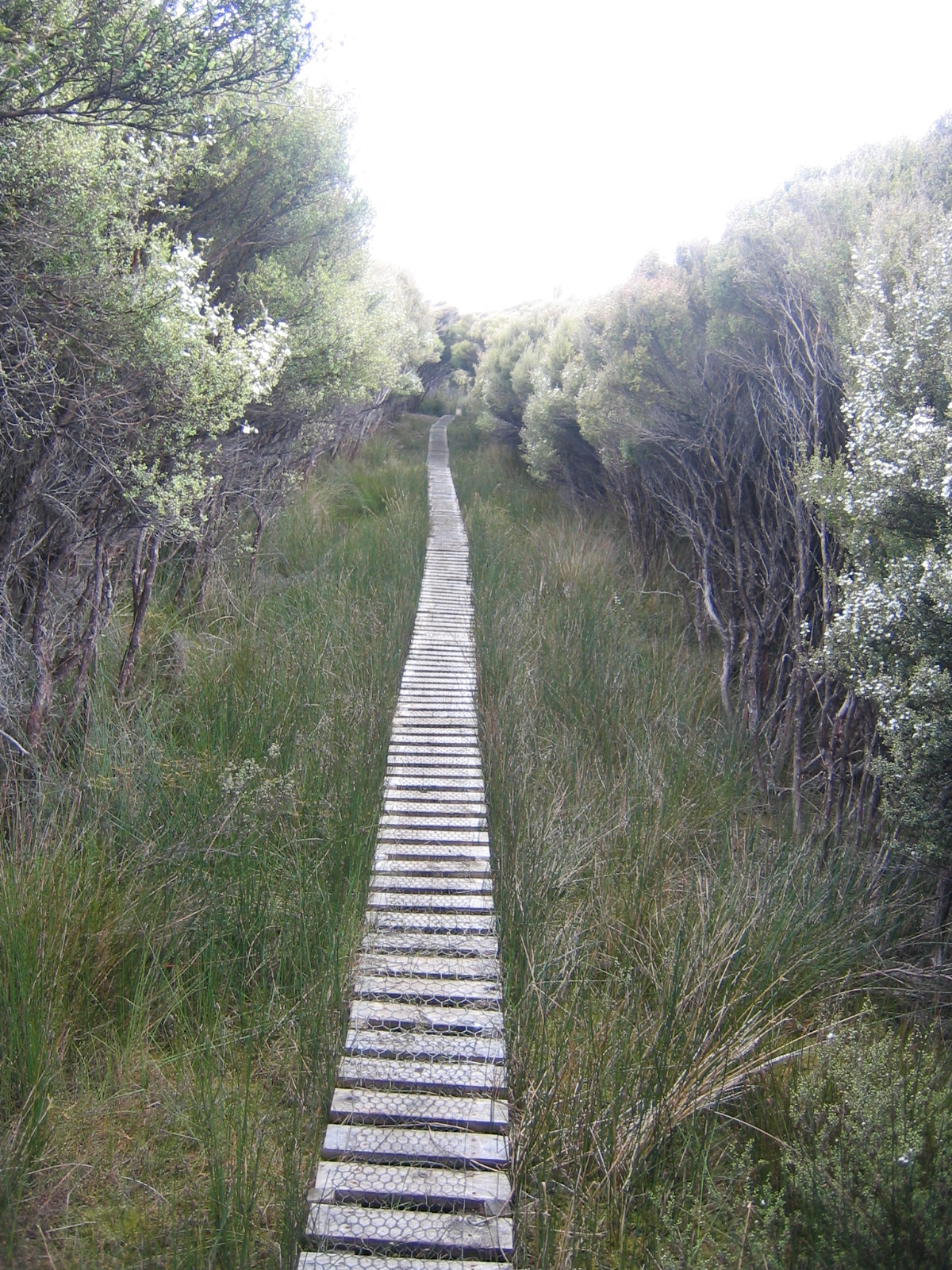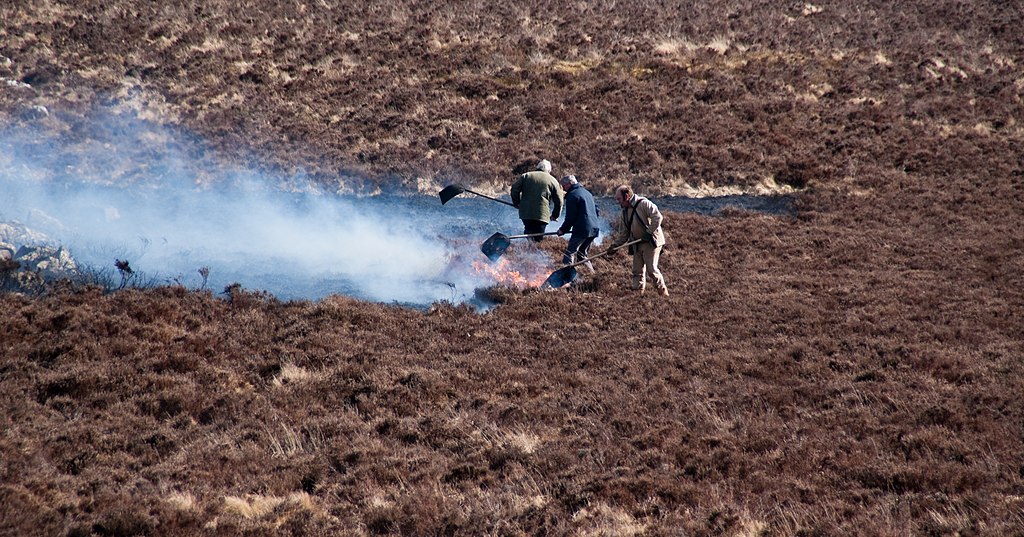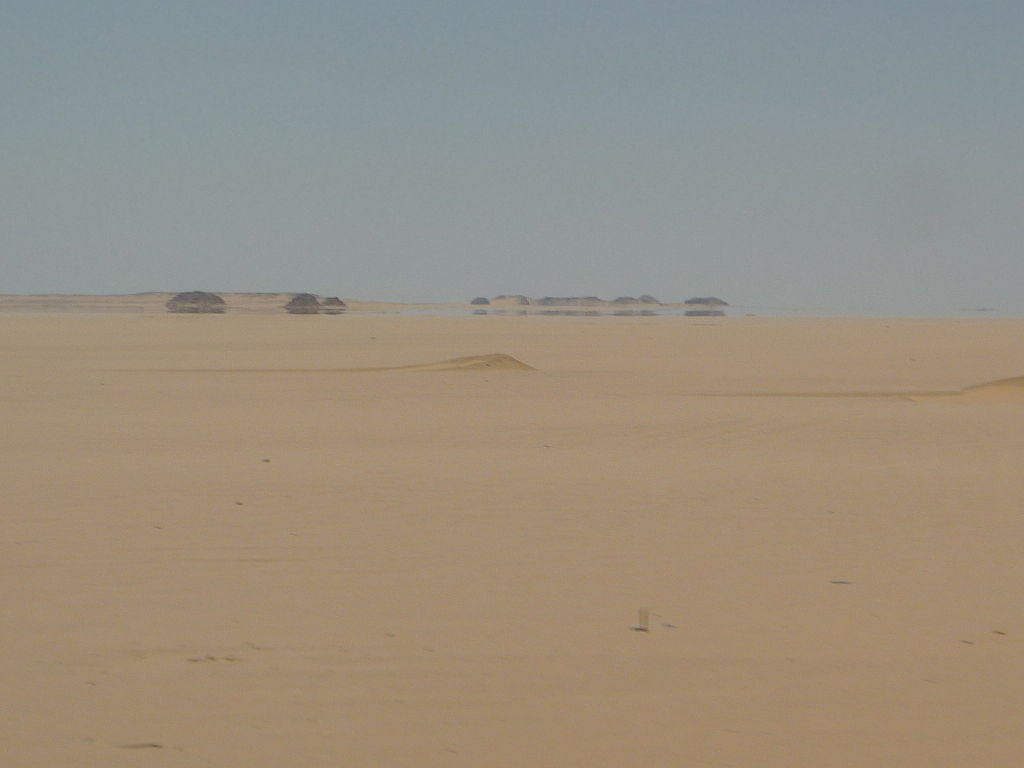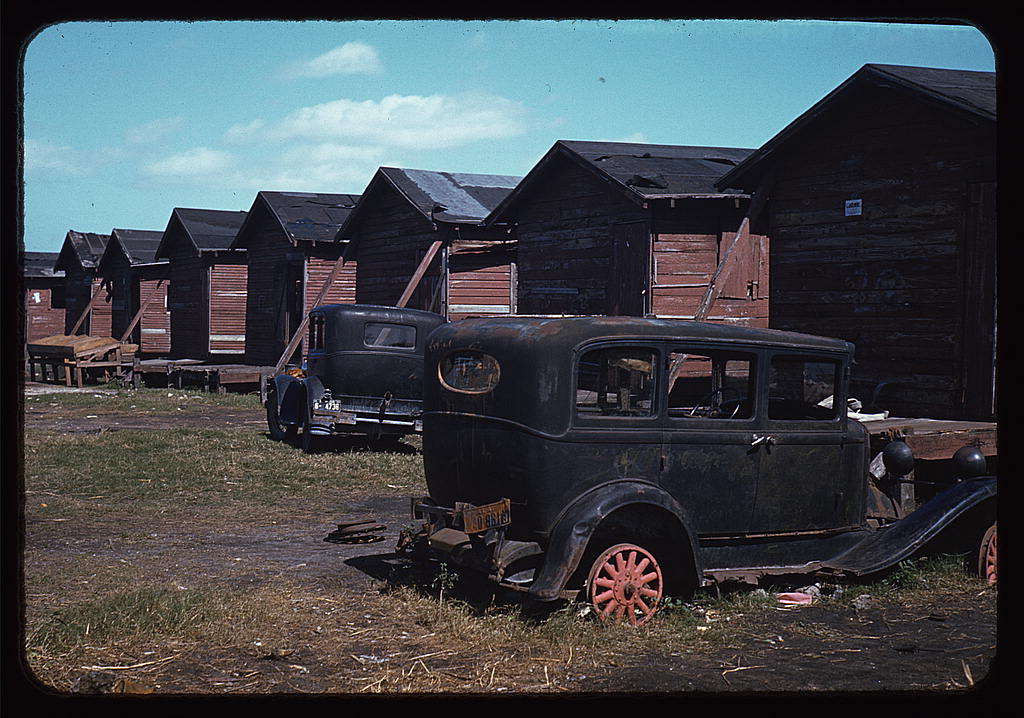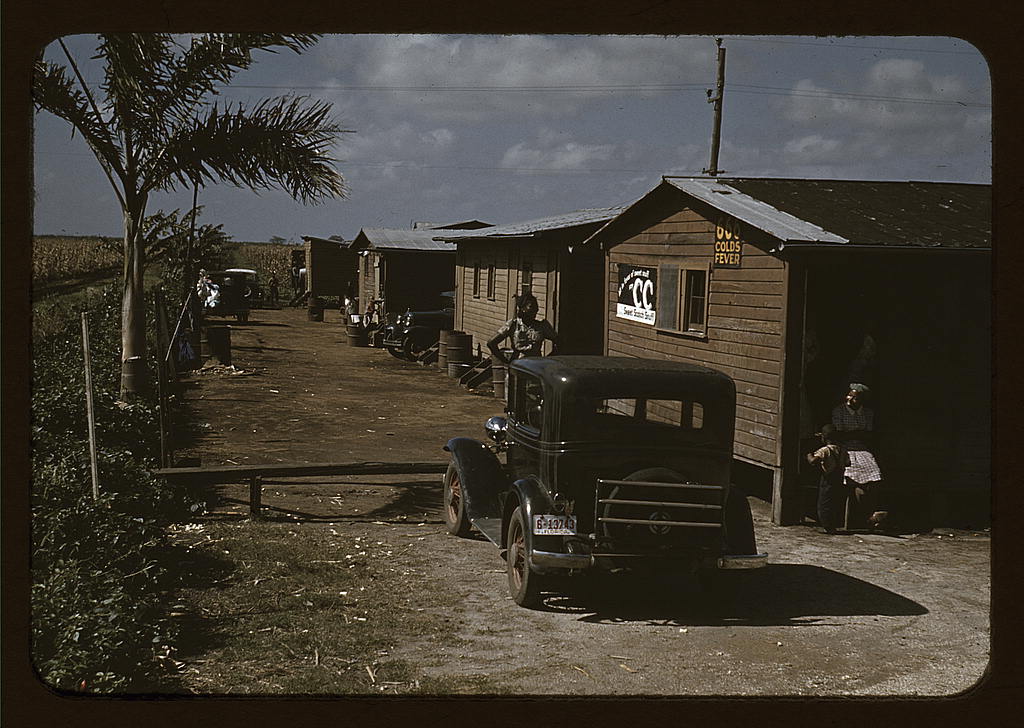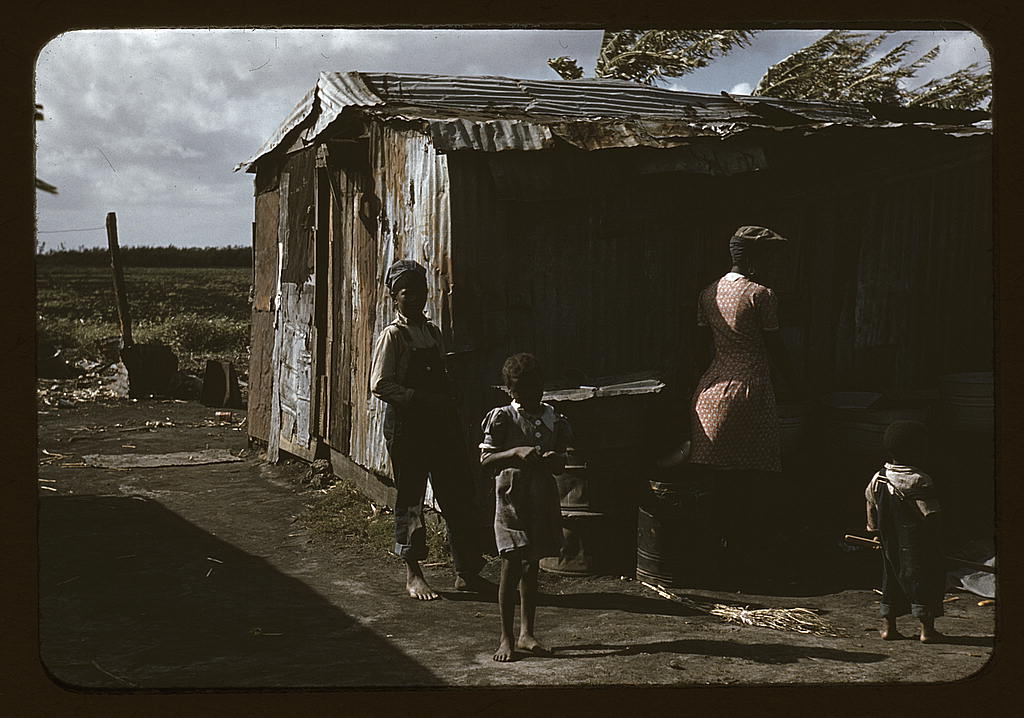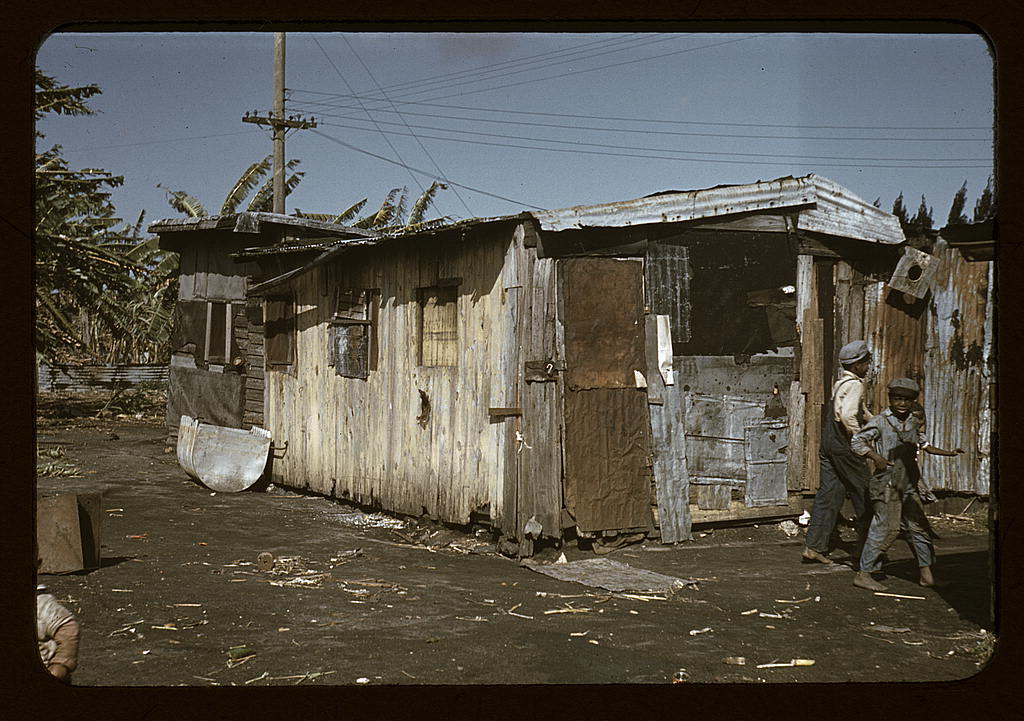.
RICHARD DOUD: Did you, as you traveled along over the country, did you find that there were any characteristics in the people themselves that were common to people everywhere? Was there anything "American" about everybody?
MARION POST WOLCOTT: Well, the people did respond, I think, to any kind of help that they received, that they did still have a certain amount of drive. I mean I had thought that . . . when I saw the conditions that they were living in and their health conditions, that they would be even more beaten down than they were, but they did respond to the help that they were given. And when I attended the meetings which were sponsored by FSA I was always amazed at their participation, the work they did do. They still, most of them, or many of them seemed to have some hope left, which surprised me.
RICHARD DOUD: That could be amazing in that day and age. It was a pretty hopeless period, I think, for many people.
MARION POST WOLCOTT: I think that, as Dorothea Lange's pictures show so well, and Russell [Lee]'s too, of course, there were many who didn't have any hope or who were completely beaten, but there were still so many who responded to any help or any attention at all. When I first wanted to take their picture, they would be antagonistic, but as soon as I would explain, or briefly explain what the pictures were for and what I intended, they were cooperative. There was one time when they weren't, when I was driven out, which was in South Carolina, and I made the mistake of being too conspicuous, I think, in my dress and in my appearance. I had a convertible and I had the top down; I was -- this was early in the game -- I learned -- but I had been in the sun a lot and I was quite brown and I had a very bright-colored scarf, head scarf, which I had gotten in Europe. I had on some kind of jangly earrings, and I didn't realize what I must have looked like, and I went into this area, with my car loaded with stuff, and I literally frightened the people. They began dragging their kids away, and thought that I was going . . . that I was a gypsy, only a modern gypsy in an automobile, and that I would come in and kidnap their children.
from oral history interview with Marion Post Wolcott by Richard K. Doud, San Francisco, California, 18 January 1965 (Smithsonian Archives of American Art)

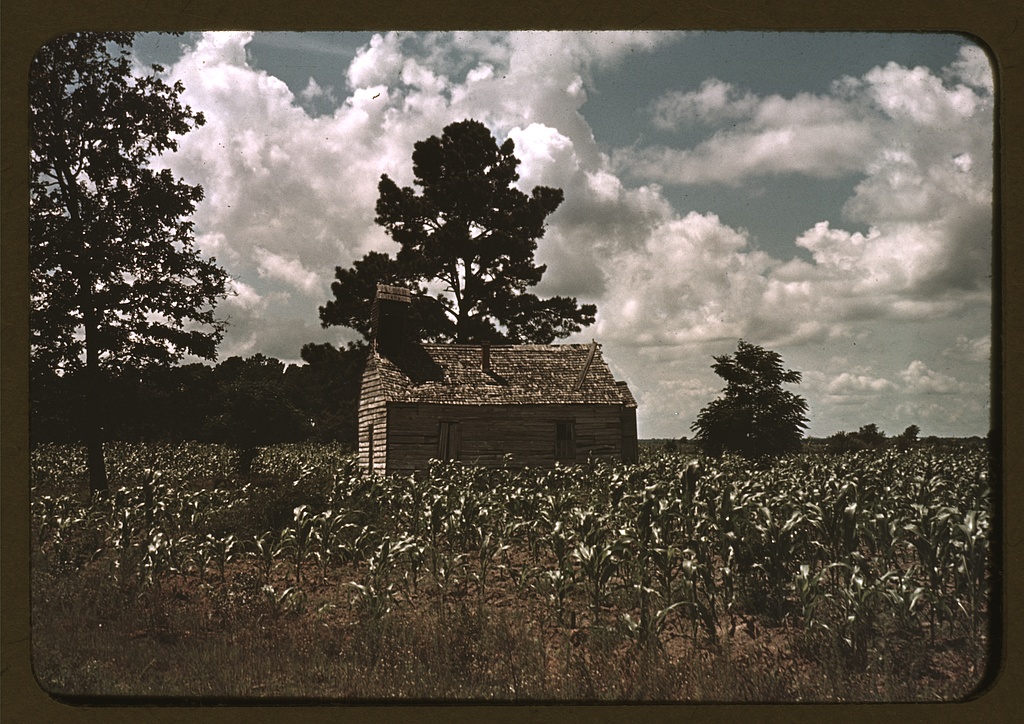






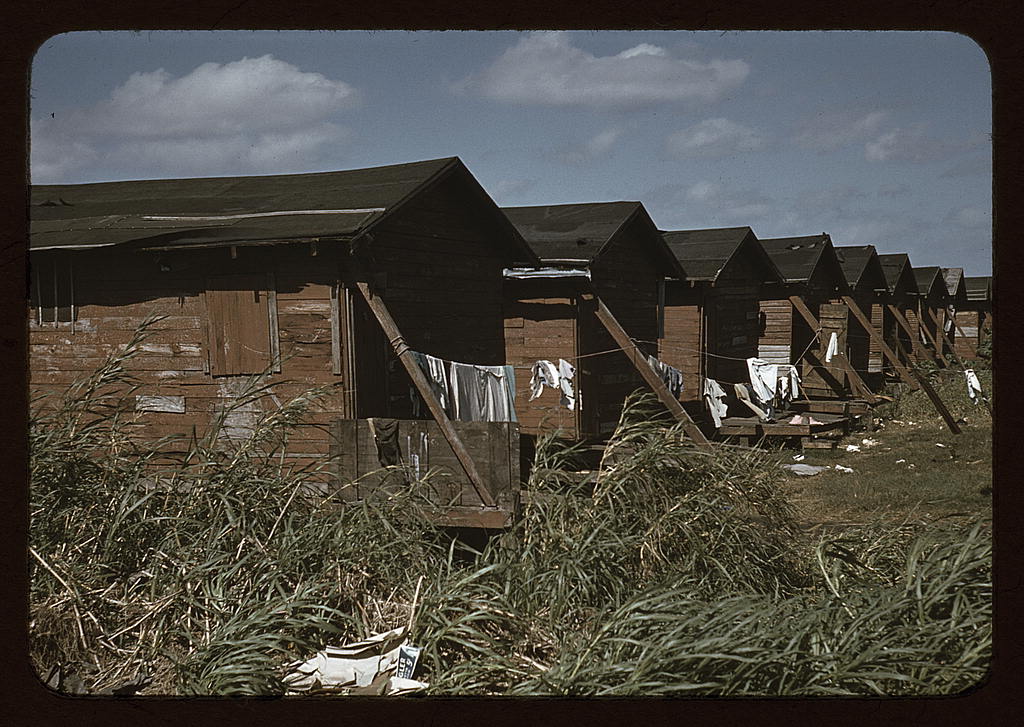
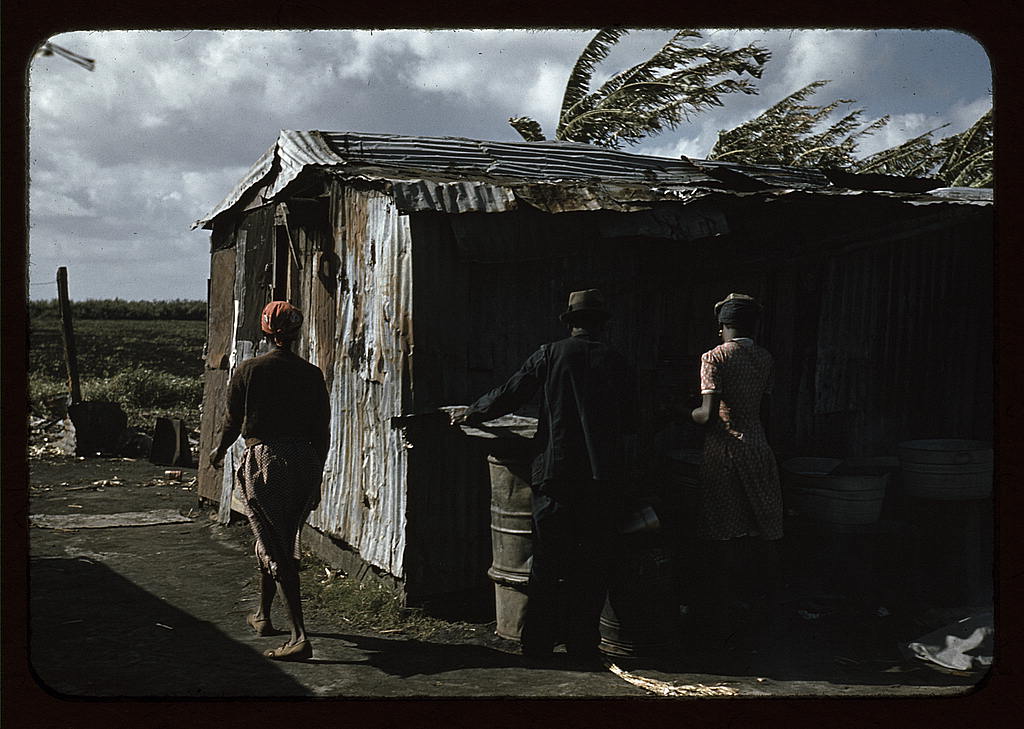
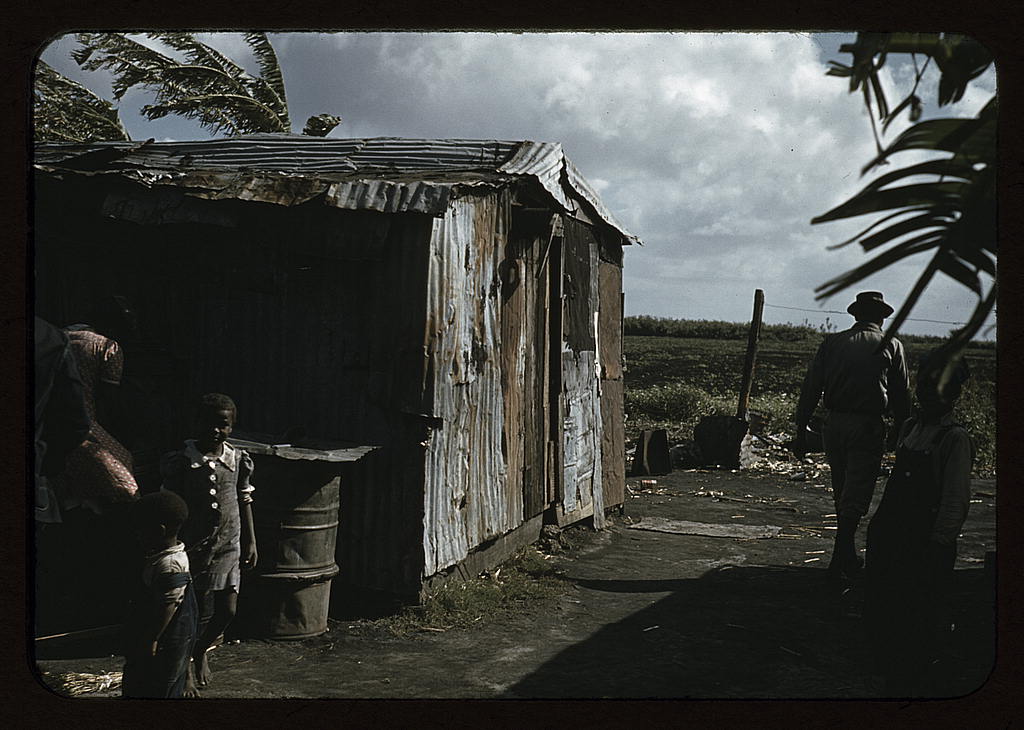
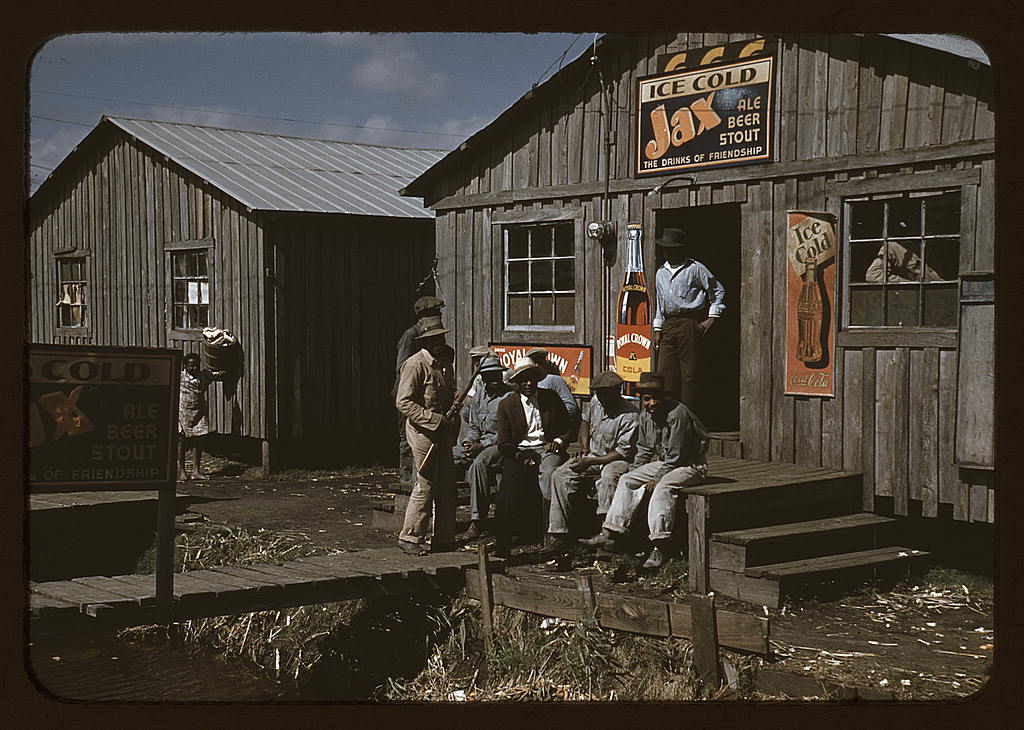
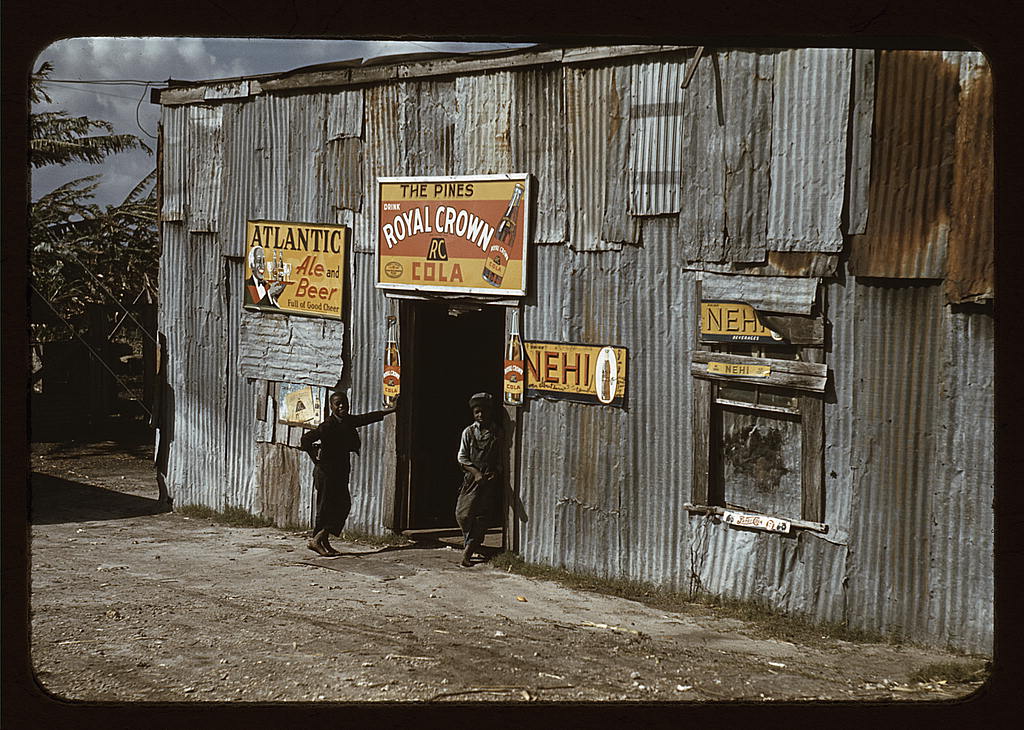


Post drove into South Carolina in a car loaded down with equipment and personal belongings, and dressed in a brightly colored outfit, a bandana scarf over her long and bushy hair, and dangling earrings. She quickly discovered that it was a mistake to be conspicuous in appearance. “They began dragging their kids away, thought that I was a gypsy, only a modern gypsy in an automobile, and that I would come in and kidnap their children. Certainly I was not understood, and was a foreigner,” Post reported on the experience. “And they… told me to get out, and were disagreeable about it…. They were very backwoods and very primitive, and I just got out...”
Although Post modified her approach and appearance as she moved through the swampy lowlands of South Carolina, the people remained “very suspicious” and “quite unfriendly.” She found that cold weather made them even more distant and inaccessible. “They get in their huts or shacks, build a little fire, and close the wooden window and door and hug their arms close to them, waiting till it gets warm again. And they won’t let a stranger inside. Often they won’t even let me photograph the outside of the house.” She learned that milling around the outside of a shack was a bad practice. Usually a neighbor or relative, having either heard Post’s car or seen her, showed up to find out if the local resident needed any help with the stranger. “Most of the people who would talk at all, said more or less the same thing -- that they didn’t like for no strangers to come bothering around because they mostly played ‘dirty tricks’ on them or brought bad luck.” Post tried different lines of persuasion. She carried along food, candy, and other bribes. “Along the bigger roads, they were very commercialized -- immediately asked for money, and no nickels or dimes, or food either -- real money. And even then they’d just stand up in front like stiffs and not move until you ‘snapped it and left.’” Overall, Post had a very difficult time in South Carolina because the people indicated that they hadn’t asked for any handouts, and in return expected to be left alone.
***
Although Post took considerable pride in not being what she herself called a “sissy,” she also discovered that traveling alone in the rural South was very risky and frightening. She reported that after dark everything closed up, and people went to bed, leaving only drunk and tough bums and derelicts on the prowl. “If anything goes wrong you’re just out of luck,” she wrote from Montezuma, Georgia, “and no one understands it if a girl is out alone after dark -- believe it or not.” [FSA Historical Section director Roy] Stryker had earlier instructed her to stay off the roads and remain indoors after sunset. “I would feel very upset if anything should happen to you while doing our work,” the director had informed her. “To hell with the work when night comes. Find yourself a nice safe place and settle down.” Both Post and Stryker agreed that evenings should be safely spent checking equipment, changing and packing supplies, captioning photographs, and planning the next day’s itinerary. Post enjoyed driving her convertible around the South with the top down, drinking in the bright sunshine during the day and the pleasant breeze in the evening. But she found that some people confused the deep brown tan she acquired with minority group membership, while others saw her as a loose woman. “I’d at least like to be able to go for a little ride in the country with the top down on the car,” she complained while driving through Morehead, Kentucky, “but good girls in the mountains in this country don’t ever ride around after dark! And since I’m trying to make a ‘good’ first impression, I must do as the natives do. Ain’t it awful.”
***
Post also found that World War II had caused many southerners to be extremely cautious and suspicious. She reported that the international conflict made southerners “hysterically war and fifth column minded.” In Louisiana, Cajun children were so frightened by her camera equipment that they ran home, hid from her, and brought parents in from the bayous with harrowing stories of how she was “a German spy with a machine gun.” “Several times when I’ve had the car parked along side the road and taken pix nearby, a cop or state trooper has come up, watched me, examined the cameras and searched through the car, and questioned and looked at all my identification, etc.,” Post reported during the summer of 1940. “The bastards can take their own sweet time about it and ask many irrelevant and sometimes personal and slightly impertinent questions too.” The sheriff would bring her in for questioning, make her write her signature, and end up just talking with her. “They haven’t anything else to do and they don’t feel like working anyway it’s too hot, and they think you’re crazy anyhow.” These encounters with witch-hunting law enforcement officials in the South prompted Post to recommend to Washington that FSA photographers be provided with some special identification card with a notarized seal partially over the picture.
from Marion Post Wolcott: Photographing FSA Cheesecake: Robert W. Snyder, in Developing Dixie: Modernization in a Traditional Society, 1988 (via The African American Experience)

C.B. ("Beanie") Baldwin, letter certifying Marion Post as Principal Photographer, Historical Section, Farm Security Administration: 3 August 1940 (Library of Congress) 
Marion Post: photographer unknown, 1940 (Library of Congress) Marion Post, "Up Stinking Creek, Pine Mountain, Kentucky": photographer unknown, February 1940 (Library of Congress)
Photos by Marion Post Wolcott (1910-1990), from locations in Mississippi, South Carolina, Louisiana and Florida, 1939-1941 (Farm Security Administration/Office of War Information Collection, Library of Congress)

